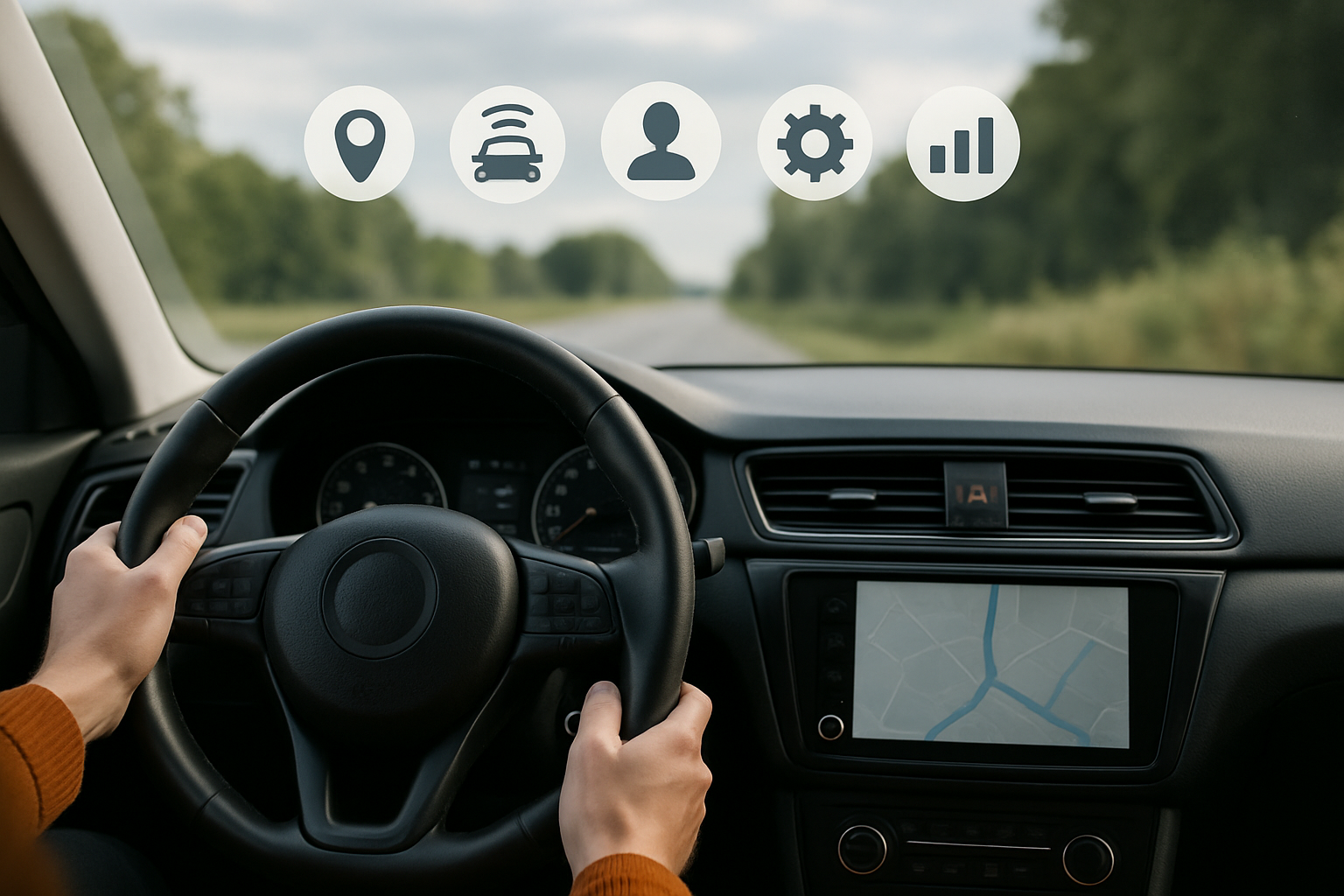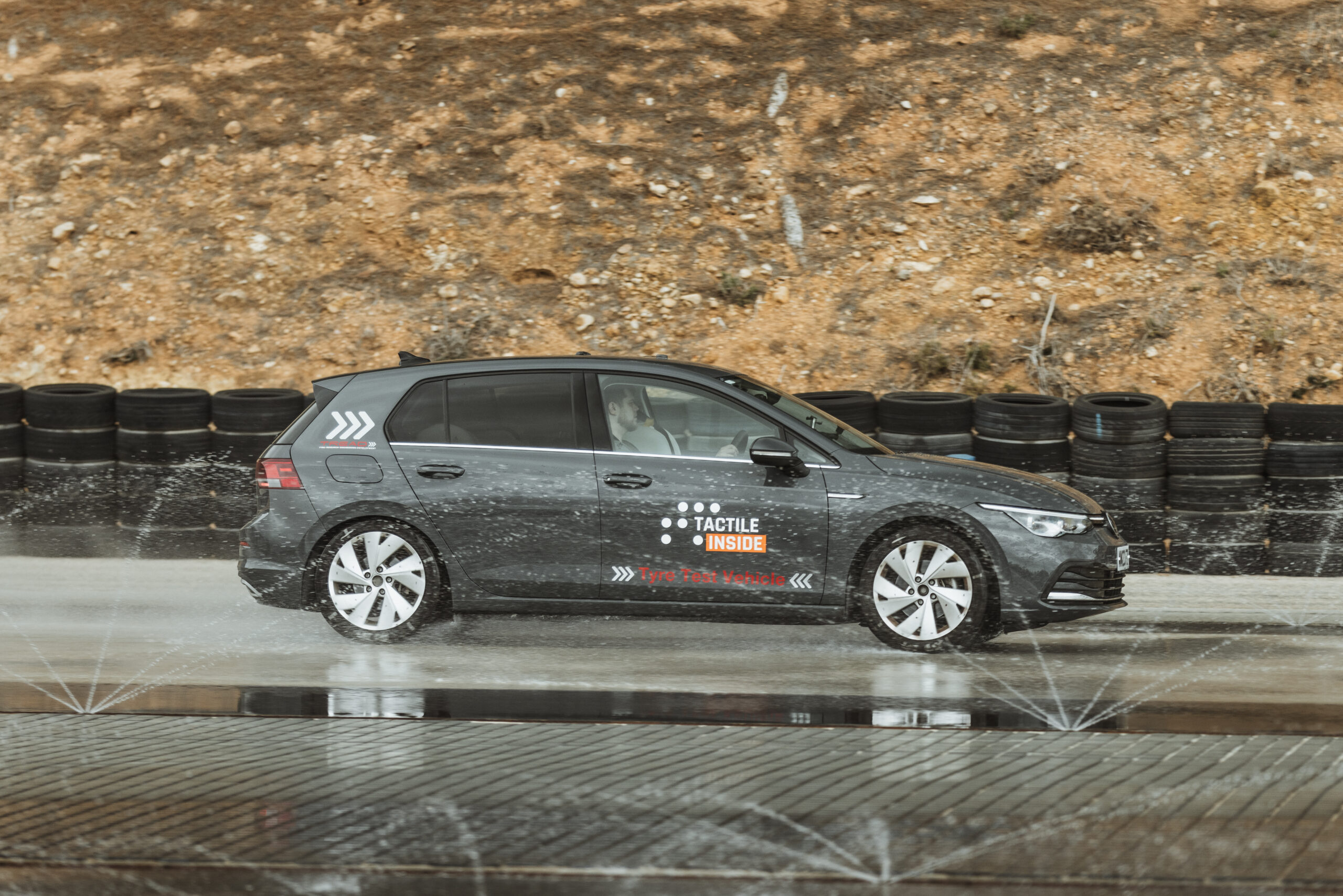At the Calcalist Paris conference, Tactile Mobility CEO Amit Nissenbaum said of the autonomous vehicles: “In order to reach the general public, they have to deal with many scenarios that are currently unanswered.”
“Computer-controlled autonomous vehicles need to mimic the combination of two senses,” said Tactile Mobility CEO Amit Nissenbaum at the Calcalist conference in Paris.
The company is developing software and related services that can add more sense to vehicles: Vehicle, acceleration and additional data from the trip.
The software deduces what the road conditions are – slopes, cracks and potholes, deceleration tracks and bumps and friction level. According to Nissenbaum, the use of this information, in addition to computer vision, will allow autonomous cars to deal with situations they currently cannot handle.
Nissenbaum explained that although a lot of money has been invested in recent years in trying to give cars computer vision capabilities – the acquisition of Mobilai by Intel is the clearest example of this – the investment in being able to sense the dynamics of the vehicle facing the road was low.
“In order for autonomous vehicles to reach the general public, they have to deal with many scenarios that have no solution today – it is not enough to simulate driving near cafes in Palo Alto. They also have to travel on highways at 120 miles per hour.”
He added that the car manufacturers in front of the company, claim that the information produced by Tactile Mobility software can help them create advanced ABS systems, monitor tire condition and control the on and off of autonomous features.


